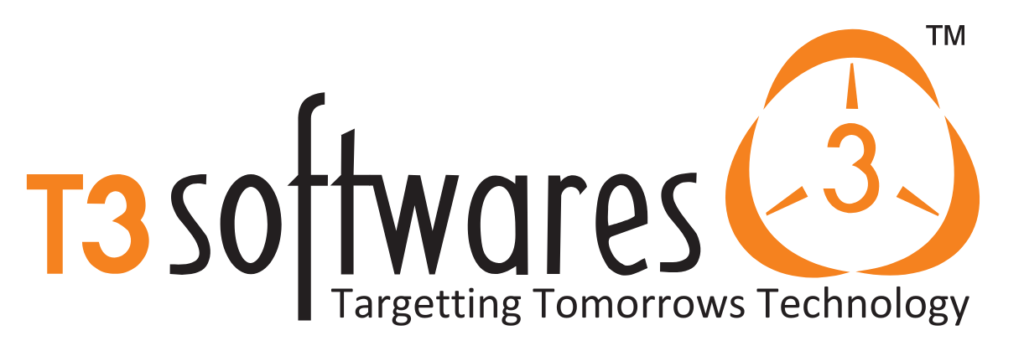A Comprehensive Guide to Selecting the Right CRM System
Choosing the right Customer Relationship Management (CRM) system is a pivotal decision that can significantly impact your business’s efficiency and customer satisfaction. With numerous options available, selecting a CRM tailored to your business size and industry is essential for maximizing your return on investment. Here’s a guide to help you navigate the selection process.
1. Understand Your Business Needs
Before exploring CRM options, assess your specific business needs. Consider these questions:
- What are your primary goals for using a CRM? (e.g., improving customer support, increasing sales, managing marketing campaigns)
- What features are essential for your business? (e.g., contact management, automation, reporting, integration capabilities)
- What pain points do you want to address? (e.g., managing leads, tracking customer interactions, improving team collaboration)
By defining your needs, you can narrow down options to CRMs that best fit your requirements.
2. Consider Your Business Size
CRM systems vary in complexity and features, catering to different business scales:
Small Businesses: Look for user-friendly, cost-effective, and scalable CRMs. Opt for solutions that offer essential features without overwhelming complexity. Many CRMs provide free trials or freemium models, allowing you to test before committing.
Medium-Sized Businesses: These businesses typically require more robust features, including advanced reporting, automation, and integration capabilities. Seek CRMs that can manage increasing complexity as your business grows and offer customization to fit your workflows.
Large Enterprises: Large organizations need CRMs with extensive customization options, advanced security features, and the capacity to handle high data volumes. Look for solutions that support multiple users, advanced integrations, and comprehensive customer support.
3. Industry-Specific Requirements
Different industries have unique challenges, so choose a CRM that aligns with your sector’s needs:
Retail and E-commerce: Look for CRMs that integrate seamlessly with e-commerce platforms, offering insights into customer behavior, inventory management, and targeted marketing.
B2B Sales: CRMs for B2B sales should focus on lead generation, sales pipeline management, and account-based marketing. Essential features include email tracking, proposal management, and reporting tools.
Healthcare: In healthcare, CRMs must comply with regulations like HIPAA. Prioritize solutions that ensure data security and patient confidentiality while providing features like appointment scheduling and patient communication.
Non-Profits: Non-profit organizations often need CRMs that support donor management and fundraising efforts. Key features include donation tracking, event management, and communication tools.
4. Scalability and Customization
Select a CRM that can grow with your business. Scalability is vital as your customer base expands. Look for solutions that offer customizable features, allowing you to adapt the CRM to your specific workflows.
5. Integration Capabilities
Your CRM should seamlessly integrate with existing tools and platforms. Ensure compatibility with email marketing software, accounting systems, and customer support tools. This integration reduces manual data entry, improves efficiency, and provides a comprehensive view of customer interactions.
6. User Experience and Training
The CRM’s usability is crucial for adoption across your organization. Seek a solution with an intuitive interface and easy navigation. Consider the availability of training resources and customer support to facilitate a smoother onboarding process and reduce the learning curve for your team.
7. Budget Considerations
CRM costs can vary widely based on features and user counts. Establish a budget that includes software costs, implementation, training, and ongoing maintenance. Evaluate the pricing models—some CRMs charge per user, while others have tiered pricing based on features.
8. Trial and Evaluation
Once you’ve narrowed down your options, take advantage of free trials or demos offered by CRM providers. This hands-on experience allows you to evaluate functionality, user experience, and fit for your business. Involve team members from different departments to gather feedback on how well the CRM meets their needs.
Conclusion
Selecting the right CRM for your business size and industry is a critical decision that can enhance customer relationships, improve operational efficiency, and drive growth. By understanding your specific needs, considering your business size, and evaluating industry-specific requirements, you can choose a CRM that aligns with your goals.
Take your time to research, compare options, and leverage free trials to find the best fit for your organization. A well-chosen CRM will empower your team to deliver exceptional customer experiences and build lasting relationships, ultimately leading to greater success for your business.

